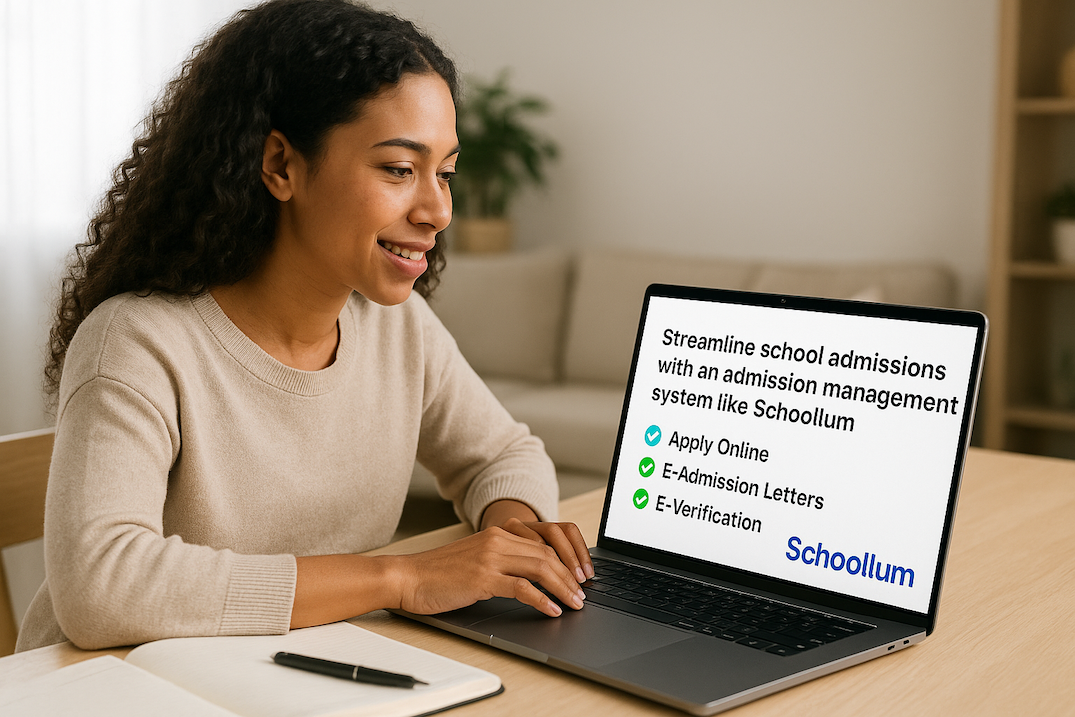In today’s rapidly changing world, education in Nigeria — whether in bustling cities or quiet rural towns — is evolving. Schools are embracing digital platforms, cashless payment systems, online result portals, virtual learning tools, and more. These shifts are designed to help students become globally competitive.
But amidst all the progress, many parents are left overwhelmed, confused, and sometimes resistant.
Understanding the Struggle: It's Not Laziness — It's Life
Whether you run a private school in Abuja or a community school in Enugu, you’ve probably heard this:
“Please print my child’s result; I don’t know how to check it online.”
“I prefer to pay in cash.”
“All this digital thing is too much. During our time, we didn’t need it.”
These are real concerns, and they’re valid. Many Nigerian parents — especially those juggling multiple jobs, running small businesses, or living in areas with limited access to stable internet — find it difficult to adapt to new technology. Some don’t own smartphones. Others have never used an app before.
Take Mama Ebere, a widow in a semi-urban town in Imo State. She sells akara in the morning and vegetables in the evening to support her three children. When her children’s school introduced an online payment and result-checking system, she felt excluded. She couldn’t afford data every month. She didn’t understand the process. So she missed updates, delayed fee payments, and her children missed out on some school programs.
Or consider Mr. Musa, a commercial driver in Kaduna. His daughter’s school adopted a digital learning app, but because he was unfamiliar with the system — and honestly, too busy — he kept saying, “Later, I’ll check it.” That “later” never came. His daughter ended up being behind on assignments.
These stories are common across Nigeria.
When Parents’ Resistance Affects Students’ Progress
While we understand parents’ challenges, we must also face a difficult truth: delaying digital adoption can hold students back.
Today’s students are not just competing with their classmates — they’re up against peers across Africa and the world. Children in Ghana, Kenya, the UK, and the U.S. are using learning apps, attending coding classes, reading e-books, and developing tech skills early. If our students don’t have the same access, how will they catch up?
In some schools, parents refused to pay a small fee for an online reading app. They didn’t see the need. Meanwhile, the few children who had access were improving their grammar, reading speed, and comprehension — and winning national competitions. The gap is widening — not because the students aren’t capable, but because their support systems are still stuck in the past.
So, How Do We Strike a Balance?
1. Show Empathy, Not Frustration
Don't shame parents. Some genuinely want to help their children but feel lost. Organize sessions where staff can walk them through the tech in simple terms, using their own phones. Some schools in Jos and Ibadan now hold “Parents Tech Day” every term — and it’s working.
2. Use Familiar Channels First
Before pushing a new portal, send reminders via SMS and WhatsApp. If parents are already on WhatsApp groups, use that as a stepping stone. A school in Lagos created short WhatsApp video tutorials (in Pidgin and Yoruba) on how to check results online. Many parents found it helpful.
3. Offer Hybrid Systems Temporarily
While encouraging digital tools, allow transitional options — like paper receipts or printed results — especially in rural areas. Over time, reduce dependency on the old system.
4. Involve Students as Tech Ambassadors
Let students teach their parents! One school in Anambra created a project called “Teach Your Parents Tech”. Students showed their parents how to check results or make mobile payments. It boosted confidence on both sides.
5. Explain the Why — Often
Make it clear that this is not just “change for change’s sake.” Share stories of how tech improves learning, saves time, and connects students to global opportunities. Let parents see the link between their cooperation and their child’s future.
Progress Is Possible — If We Move Together
Change is not easy. But in education, standing still is no longer an option. The world is moving — and fast. Nigerian schools have a duty to prepare their students for a global stage, and that includes embracing technology.
But we cannot do it alone.
Parents are not the enemy of progress — they are our partners. And like any good partnership, it requires patience, communication, and shared vision.
Let us build that bridge — one parent, one child, and one step at a time.


